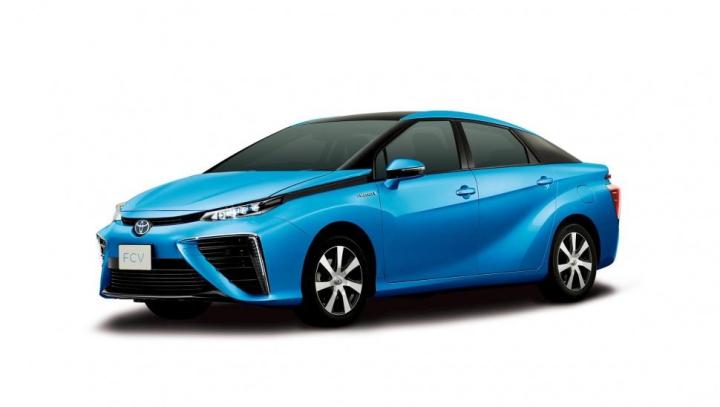
For one lucky Californian, though, the list will be a lot shorter.
Toyota and the Environmental Media Association (EMA) have partnered to create a contest that will decide the first American FCV owner. Residents can enter by purchasing tickets online that will raise money for the EMA’s nonprofit programs. The EMA uses the entertainment industry as a vessel to educate the masses about environmental issues, while also encouraging green film production.
The contest is available solely in the Golden State due to the infrastructural support of hydrogen in California.
The winner will be announced at the 24th annual EMA Awards, held at Warner Bros. Studios on October 18th.
Related: Toyota’s head of R&D says EVS are still a Nobel Prize away from viability
California may be most hydrogen capable state in the Union right now, but it’s certainly not the only government embracing the technology.
Auto Express is reporting that the British Government, in collaboration with Toyota, has raised £11 million ($17.7 million) to build 15 hydrogen fueling stations throughout the country, with operational status coming by the end of 2015.
Business minister Matthew Hancock is optimistic that the partnership will spur British commuters to embrace hydrogen-powered cars, making the United Kingdom a “global leader” in low emissions vehicles.
“Hydrogen cars present us with a huge economic opportunity and can bolster our internationally renowned automotive industry,” he said. “We want to make the UK one of the best places in the world to design, manufacture and sell ultra-low emission vehicles.”
The United Kingdom currently has 13 public stations. California, by contrast, has 10, but Toyota hopes to help build 50 there by 2016.


